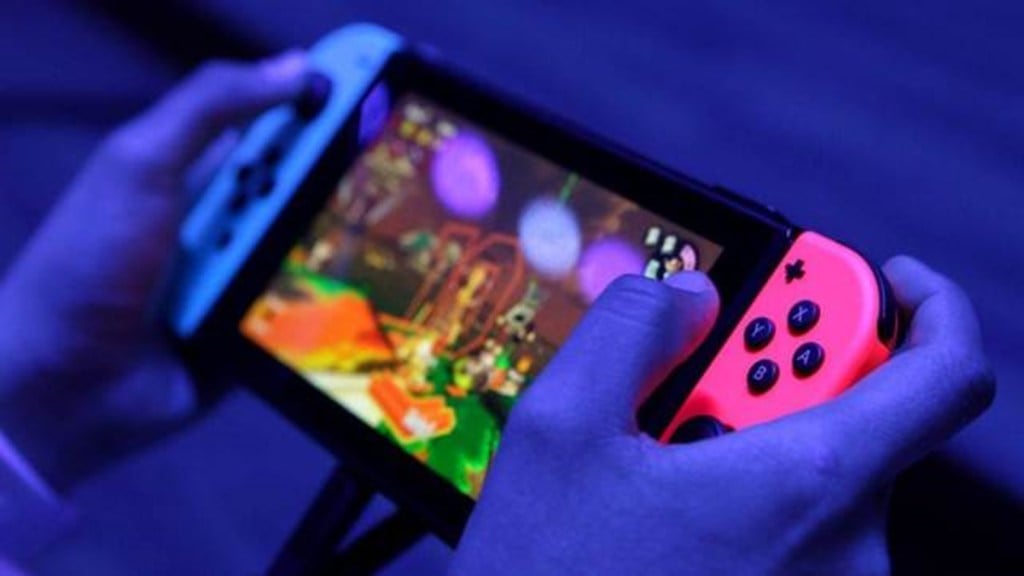By Dhanendra Kumar
India is one of the world’s largest markets in online gaming. We have a youthful population; the median age is 28 years which is likely to remain for the next 50 years. The young population perceive gaming as an attractive platform of entertainment. During the pandemic, the usage of online gaming soared by 65%. This surge is driven by the increasing youth population, explosion in phones and tablets, cheap data and new gaming genres.
Realizing the potential, the government has been working towards forming regulatory mechanisms to facilitate responsible and sustainable growth of this industry, commensurate with socio-economic and cultural ethos, safeguarding consumer interests and curbing the proliferation of illegal offshore gambling sites. Union Minister Rajeev Chandrashekhar has stated recently that three types of online games will be curbed in India: that involve betting; harmful to the user; and resulting in addiction.
The recent amendments to the Information Technology Act have been widely welcomed for defining online gaming for better clarity. The rules not only define online game as a “game that is offered on the internet and is accessible by a user through a computer resource or an intermediary” but also legitimizes the status of gaming by differentiating it from gambling & betting. It has been stipulated that the government would establish three self-regulatory organisations (SROs) that will approve games that comply with the rules for operation in the country. MoS Rajeev Chandrashekhar has also clarified that government will certify ‘permissible online games’ till the gaming industry forms SRO.
The new guidelines will help promote innovation, creativity, boost jobs and give the much-needed impetus to India’s Techade. While the sector is ready to act as a ramp to India’s economic growth, some regulatory hurdles still remain to be resolved.
Taxation has been one of the key concerns for the industry since 2021. While MeitY has legitimized the sector, the recent report by the GoM under the GST Council has left a sense of anxiety within the ecosystem. The GoM in its recent report has suggested imposing 28 % GST on total gaming amount which is at par with what online betting and gambling are taxed. This blurs the line that MeitY aims to draw between legitimate and illegitimate platforms and buckets gaming and gambling together, notwithstanding the Supreme Court’s verdict that clearly differentiates between the games of skill and the games of chance.
There is a need to solve the tax conundrum. Making a distinction between games of skill and games of chance could be the best way to solve for this long-drawn tax conundrum.
The difference between games of skill and games of chance (gambling, betting) has been well established – both in terms of business model as well as playing formats. The jurisprudence established by the Supreme Court has unambiguously clarified that there is a clear distinction between games of skill and games of chance. Under Article 19(1)(g) of the constitution, games of skill are protected as a legitimate business activity under fundamental right guaranteed to citizens to profess any business.
To tax these two formats similarly is a clear fallacy. Online gaming has grown significantly contributing to the country’s economic growth. In 2022, the industry was worth $2.8 billion growing at a compound annual growth rate of 9.9%. If there is a higher percentage of GST on online gaming, it could lead to unlicensed and unauthorized online gaming platforms, including offshore. It is quite possible that the industry might be forced to shut operations and move to tax havens causing a loss of revenue to the government. A rational approach would be to distinguish games of skill from games of chance and have distinct taxation frameworks. While Games of Skill can be continued to be taxed at 18% of GGR, Games of Chance can be taxed at 28% of the prize pool. This will be a balanced and win-win position.
The online gaming industry can play a significant role in boosting employment, exports and revenue generation with sustainable growth. By 2020, the industry had created around 3,400 direct and over 5,000 indirect jobs, with a potential to generate 5,000+ direct and 7,000+ indirect jobs by 2023. The demarcation between games of skills and games of chance is important because it will remove legitimate games from the presumption of being called a sin while driving the growth of the sunrise sector. Conducive policymaking coupled with fair taxation would provide rational guardrails to take the sector to new heights contributing to the $5 trillion economy.
The author is formerly Executive Director for India at World Bank and ex-Chairman Competition Commission of India and the founder Chairman of Competition Advisory Services LLP

